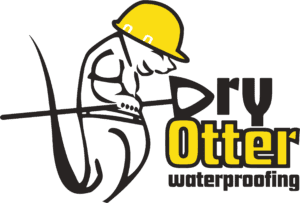
Local Premium Professional Warrantied
Basement Waterproofing
Homeowners in Charlotte, Hickory, Lake Norman, Winston-Salem, or surrounding towns can trust Dry Otter Waterproofing for expert basement waterproofing, and honest advice about it.
We know it can be stressful to have a damp or wet basement. We'll help you understand the most common causes of basement water issues, how to identify them, and which solutions actually work.
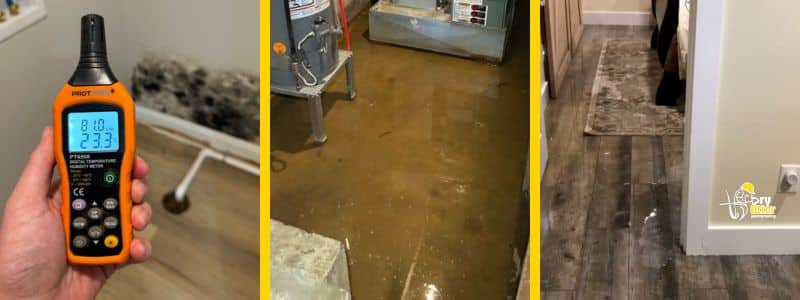
Request a Free Inspection
"*" indicates required fields
Signs You Need Basement Waterproofing
Basement waterproofing can prevent mold from growing and causing a musty smell. Mold poses significant threats to both health and home integrity. The Centers for Disease Control and Prevention (CDC) highlights that exposure to mold can lead to respiratory issues, especially in individuals with pre-existing conditions.
- water in the floor
- white powder on walls
- musty smell
- mildew on baseboards
- breathing problems
- sagging floors
- cupped hardwood floors
- high energy bill
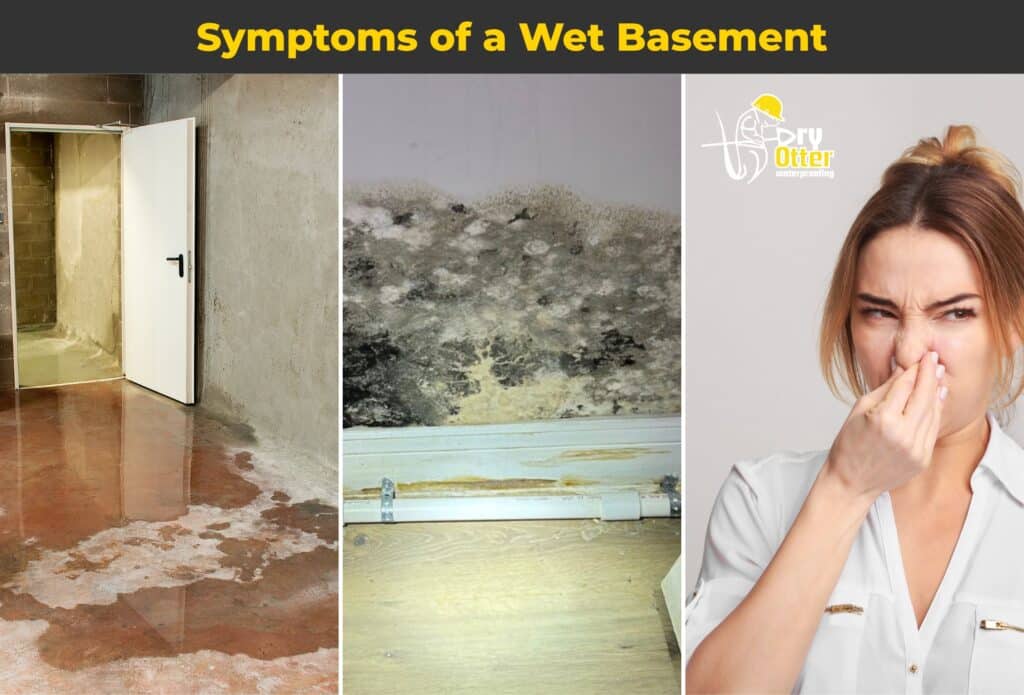
Pros of Basement Waterproofing

Basements Can't Help But Leak
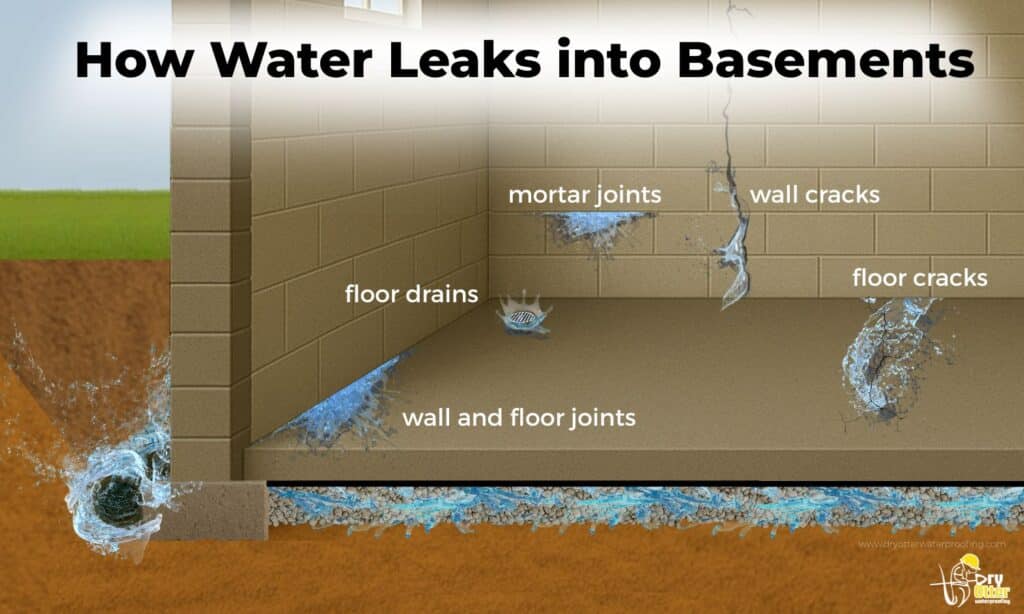
Basements leak because water fills a hole.
When rainwater or groundwater accumulates in the looser soil (backfill) around a home’s foundation, it can’t drain as easily as the undisturbed soil nearby. As this soil becomes oversaturated, it exerts hydrostatic pressure on the crawl space walls and floor. Over time, this pressure can force water through small cracks, porous concrete, or even under the seams of the foundation.
Add that to open vents, cracks around the door, and plumbing leaks, and your crawl space becomes a trap for water, with little chance for it to ever leave.
Basement Waterproofing Solutions
Many times people assume the way to waterproof a basement is from the outside, but exterior waterproofing ruins a homeowner’s lawn. Dry Otter Waterproofing provides premium basement waterproofing from the inside that is guaranteed to work on the walls on which the waterproofing s applied.
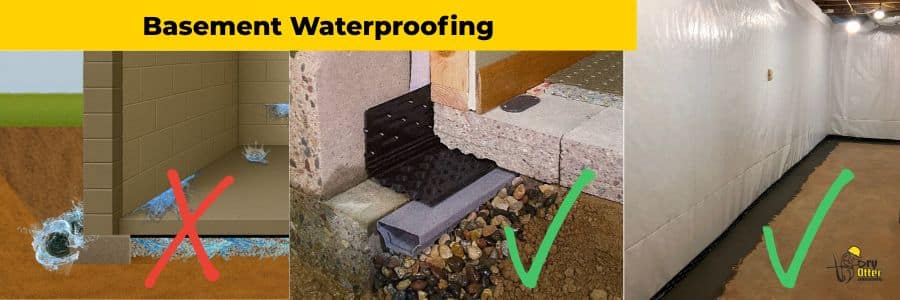
Eliminate Hydrostatic Pressure
The loose soil around a basement allows water pressure to build up around the foundation, and over time, water will seep in.
To protect against the harm of this hydrostatic pressure, we install an engineered floor drain, that provides relieves this pressure, allowing the water to direct to a sump pump that uses electricity to pump the water up and out of the basement and take it many fee away from the house, providing a permanent waterproofing system solution.
Premium Solutions
Dry Otter Waterproofing specializes in basement waterproofing systems that suit your needs. We provide premium, long-lasting solutions to protect your home from the ground up. It’s time to reclaim the square footage you paid for when you bought your home.

Basement Waterproofing
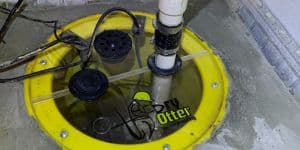
Basement Sump Pumps
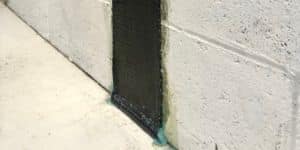
Carbon Fiber Straps
What is a basement?
A basement is a level of the home that is partially or fully below ground level. In many homes basements serve as extra storage, utility rooms, or even finished living spaces like family rooms or guest bedrooms.
Because they’re below grade, basements are especially vulnerable to moisture problems. Water can seep in through cracks in the foundation, gaps around pipes, or even from the floor itself. This makes basement waterproofing an important investment for homeowners who want to protect their property from mold, structural damage, and air quality issues.
Some homes have unfinished basements with exposed concrete walls and floors, while others are fully finished with drywall, flooring, and HVAC systems. Whether used for storage or living space, keeping a basement dry is essential to the long-term health of the home.
In North Carolina basements aren’t extremely popular. They are most prevalent in the mountains and foothills of North and South Carolina.
Pros
- extra storage space
- potential for finished living areas
- easy to access plumbing and HVAC
- can serve as a storm shelter
Cons
- prone to moisture and flooding
- higher risk of mold
- can feel dark or damp
Types of Basements
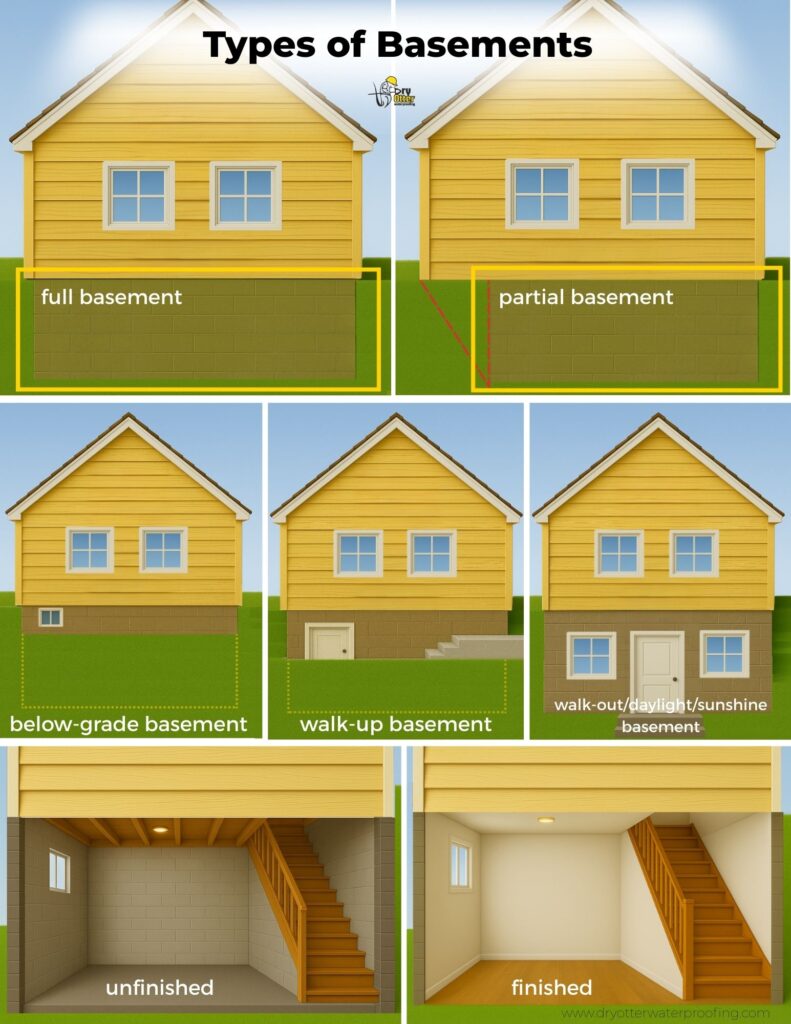
Related Articles You Otter Read
Parts of a Basement
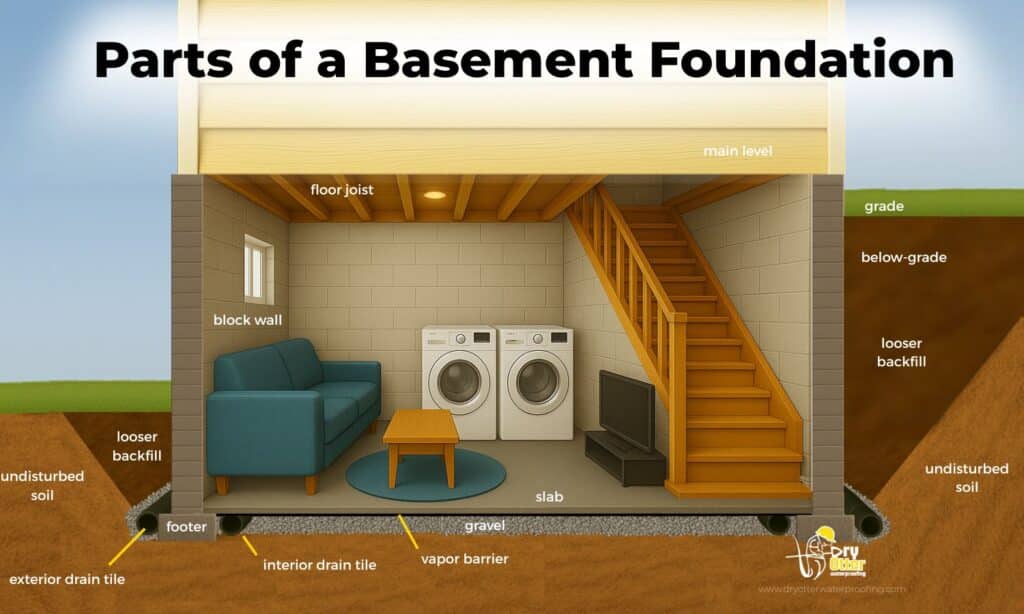
Basement Terminology
- finished basement- the walls are drywall and the floor is covered, not just concrete
- unfinished basement- the walls and floor are concrete
- full basement- the basement spans the footprint of the first level
- partial basement- the basement spans only part of the footprint of the first level
- below grade- another way to say below ground level
- walkout/sunshine/daylight basement-part of the basement is underground, the other part is at grade
- walkup basement- the basement door exits to a hallway of steps that lead to the main level
- footer (footing)- a wide concrete base that sits beneath the foundation wall to support it
- undisturbed soil- soil that was never excavated during construction
- backfill- soil that's placed back around the foundation after the home is built
- drain tile- a perforated, corrugated, plastic pipe near the footer that catches water and allows it to drain away
- egress window- a window in the underground portion of a basement that allows for a safe exit in case of an emergency
Benefits of Basement Waterproofing




Moisture control and increased air quality are two of the most significant benefits that will add value to your home and make it a safe environment for everyone. Basement waterproofing can enhance a home’s energy efficiency by up to 15%, mitigate potential issues during real estate transactions, increase property value, and notably improve indoor air quality. The U.S. Environmental Protection Agency (EPA) underscores the importance of moisture control in maintaining healthy indoor air. The increased energy efficiency saves you money in the long run. Homes with a properly waterproofed basement retain your home’s value.
